Browsing News Entries
Matt Walsh Turns from Socrates to Sophist in ‘Am I Racist?’
Posted on 09/27/2024 08:00 AM (Word on Fire)
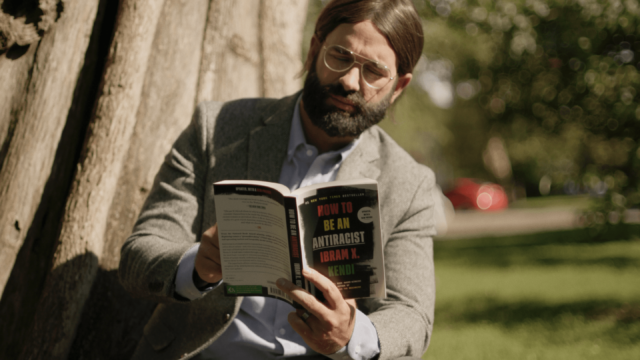
"Am I Racist? gives hope for sanity in the possibility of converting back fellow Americans who have bought the lies of the consultant class.
The Labors of Hercules Beal
Posted on 09/27/2024 06:00 AM (Word on Fire)

Haley interviews celebrated author Gary D. Schmidt, the winner of multiple Newbery Honor awards and a National Book Award finalist, about his middle grade novel, The Labors of Hercules Beal.
Friday, September 27, 2024
Posted on 09/27/2024 06:00 AM (Word on Fire)
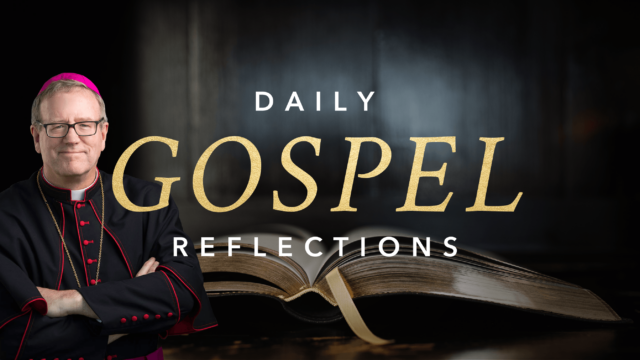
Friends, the Gospel for today is incomparably rich and mysterious. First, we notice that peculiar question, “Who do the crowds say that I am?” No other religious figure or founder would ask such a question.
Eucharistic Encounters: Mark Bradford
Posted on 09/27/2024 04:32 AM (Word on Fire)
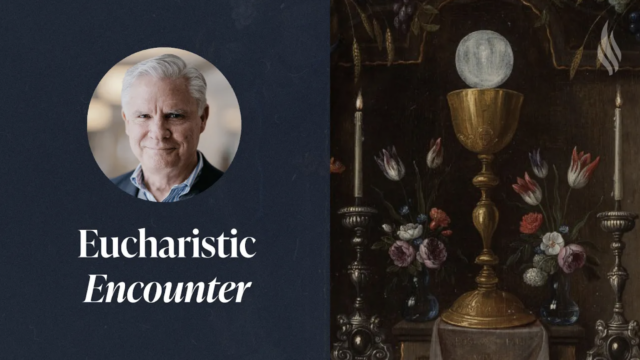
Mark Bradford shares his conversion story with Dr. Matthew Petrusek, explaining how radically his life changed when he believed Jesus was truly present—Body, Blood, Soul, and Divinity—in the Eucharist.
Debunking the Myth of Vast Vatican Wealth
Posted on 09/26/2024 08:00 AM (Word on Fire)
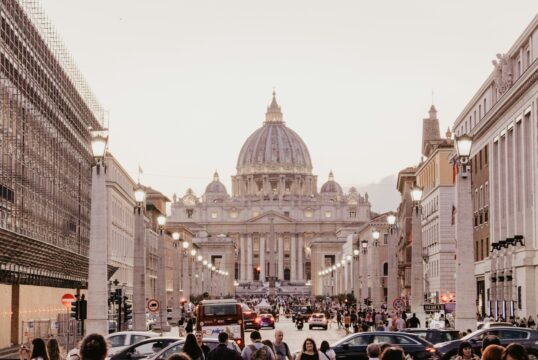
The Vatican is not “rich,” at least by institutional standards. Knowing that and being able to explain it is a vital tool for evangelists.
Thursday, September 26, 2024
Posted on 09/26/2024 06:00 AM (Word on Fire)

Friends, in today’s Gospel, we see Herod interested in and perplexed by Jesus. Political rulers don’t come across well in the New Testament.
St. Augustine’s Upside-Down Fruit Tree
Posted on 09/25/2024 08:00 AM (Word on Fire)

Each of us is called to be this upside-down fruit tree and bear fruit for the kingdom of God and for the benefit of our fellow human beings.
Whoever Is Not Against Us Is For Us
Posted on 09/25/2024 06:00 AM (Word on Fire)
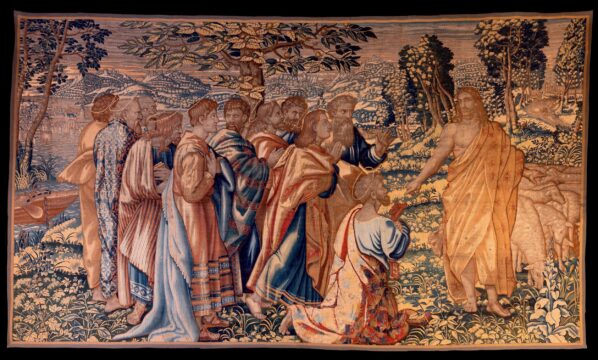
Friends, the first reading and Gospel this Sunday have to do with the Church at war with itself.
Wednesday, September 25, 2024
Posted on 09/25/2024 06:00 AM (Word on Fire)

Friends, in today’s Gospel, Jesus sends his disciples on mission: He “summoned the Twelve . . . and he sent them to proclaim the Kingdom of God and to heal the sick.”
Stop Killing Your Babies!
Posted on 09/24/2024 08:00 AM (Word on Fire)
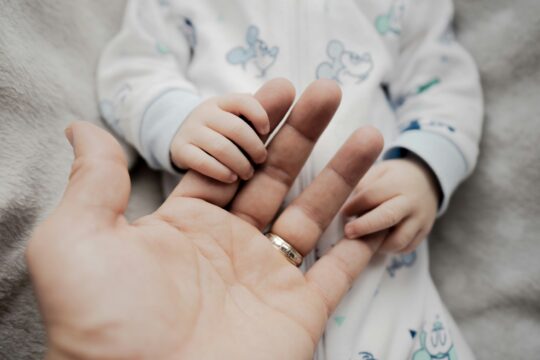
In our culture—so obsessed with death—telling people to stop killing their babies isn’t one of those things that we should have to say.
